I love not man the less, but Nature more
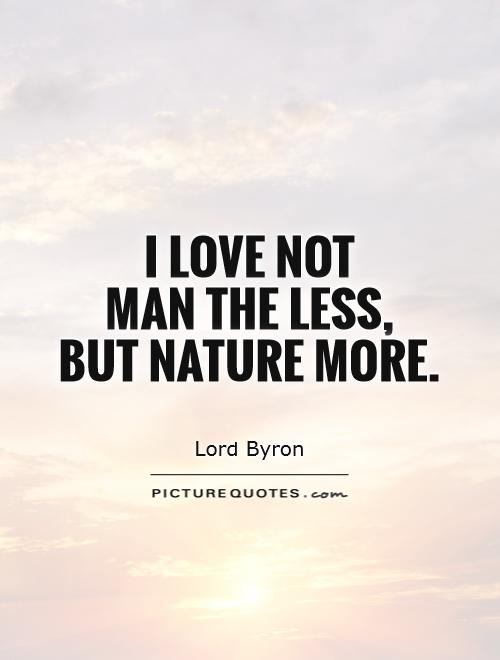
I love not man the less, but Nature more
Lord Byron, a prominent figure in English Romantic literature, was known for his deep appreciation of nature and his belief in the power and beauty of the natural world. One of his most famous quotes, “I love not man the less, but Nature more,” encapsulates his reverence for the natural world and his belief in its superiority over human society.Byron’s words reflect his belief that nature is pure, unspoiled, and eternal, while human beings are flawed, corruptible, and transient. He saw nature as a source of solace, inspiration, and spiritual renewal, a place where he could escape the constraints of society and connect with something greater than himself. In nature, Byron found a sense of peace and harmony that he could not find in the tumultuous world of human affairs.
For Byron, nature was not just a physical landscape, but a living, breathing entity that possessed its own intelligence, beauty, and power. He saw the natural world as a reflection of the divine, a manifestation of the creative force that governs the universe. In nature, Byron found a sense of wonder and awe that inspired him to create some of his most powerful and evocative poetry.
Byron’s love of nature was also a rejection of the artificiality and hypocrisy of human society. He saw nature as a refuge from the corruption, greed, and cruelty of the world, a place where he could find truth, beauty, and authenticity. In nature, Byron found a sense of freedom and authenticity that he could not find in the constraints of society.
Ultimately, Byron’s words “I love not man the less, but Nature more” reflect his belief in the transformative power of nature and his deep emotional connection to the natural world. They speak to his belief in the healing, restorative, and transcendent power of nature, and his conviction that true happiness and fulfillment can only be found in communion with the natural world.
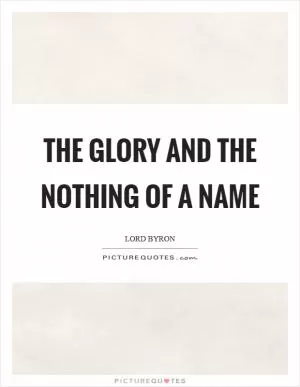
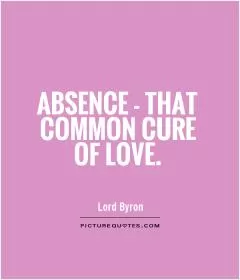
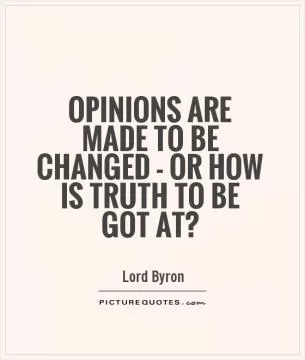
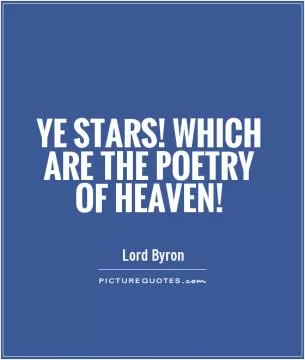
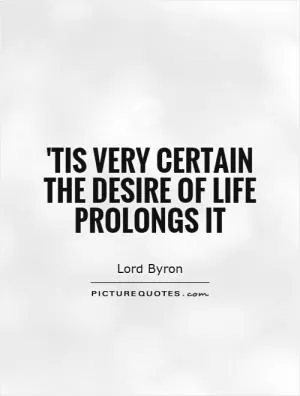
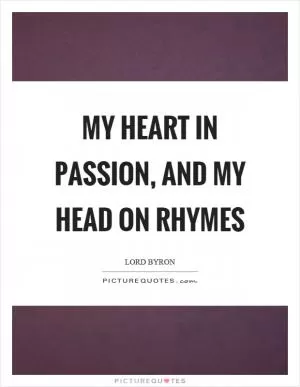

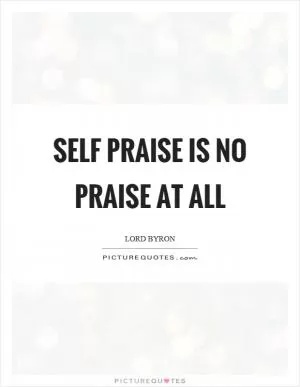


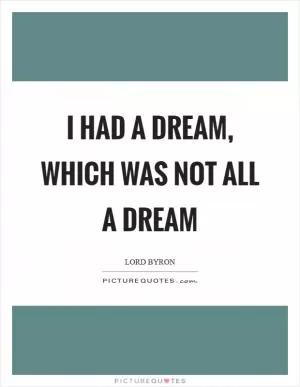

 Friendship Quotes
Friendship Quotes Love Quotes
Love Quotes Life Quotes
Life Quotes Funny Quotes
Funny Quotes Motivational Quotes
Motivational Quotes Inspirational Quotes
Inspirational Quotes